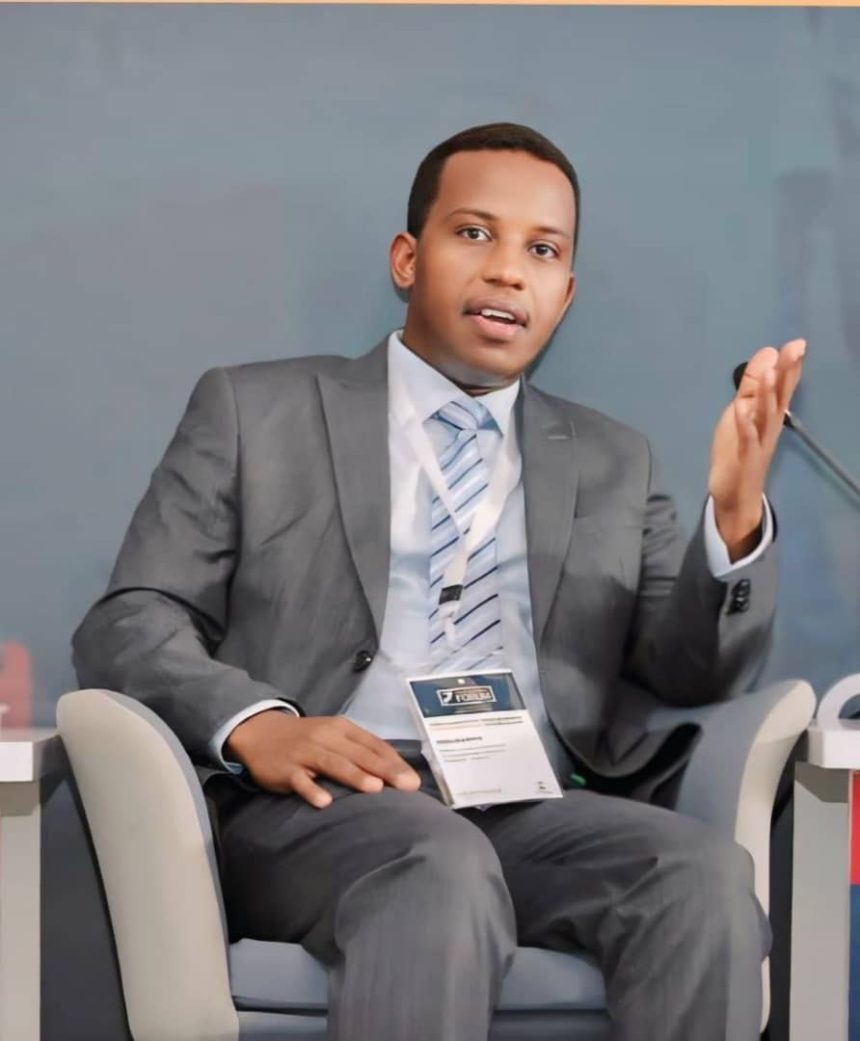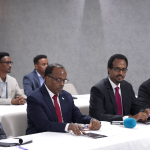Since 2012, when Somalia’s government was frequently labeled weak and besieged by al-Shabaab, the country has been eager to join the East African Community (EAC). This regional bloc has been viewed as a vital mechanism for rekindling national pride after decades of civil war, facilitating economic alliances, and strategically positioning Somalia within the regional trade network. Membership in the EAC also promises deeper social and economic integration with Eastern African states, a region that President Hassan has emphatically stated Somalia naturally “belongs to.”
Somalis widely celebrated when, at the 23rd summit, Somalia officially became the EAC’s eighth member state. Somalia’s arduous journey to this point, filled with both hardship and resilience, echoes the sentiment in Jason Isbell’s song: “God bless the busted boat that brings us back.” However, Somalia’s accession, driven by President Hassan’s diplomatic efforts, marks only the beginning. Member states of the EAC are now anticipating Somalia’s contribution of qualified human resources to fill roles in the legislative assembly and within the bloc’s various bureaucratic institutions.
Over two decades ago, at the founding of the EAC in 1999, followed by its formal launch on July 7, 2000, the nomination process emphasized regional calls for democratic governance and female inclusion. Concurrently, international institutions were keen to study the bloc’s potential to inspire democracy. This prompted member states to reassess local democratic regulations, setting forth the procedures for selecting members of the East African Legislative Assembly (EALA).
The qualifications for membership in the EALA are outlined in Article 50 of the EAC Treaty. To be eligible, a candidate must be a citizen of a partner state and meet the qualifications required for election to their respective National Assembly. Additionally, they cannot hold the position of Minister or serve as an officer within the EAC. Lastly, candidates must demonstrate experience or interest in promoting East African integration.
Somalia is making its first strides toward deeper engagement with the East African Community. Progress is visible, particularly with the planned establishment of an institution to oversee integration. Yet, significant challenges remain. The Somali Parliament must urgently enact the necessary legislation to capitalize on this opportunity and secure the country’s active role in the region’s economic and political landscape.
However, given Somalia’s large and influential diaspora, these groups will likely play a pivotal role in shaping national laws and adhering to the nomination procedures for legislative appointments. Nevertheless, accommodating Somali candidates who hold citizenship from other EAC member states may present unique challenges for the Somali government as it navigates complex legal and political considerations.
Clan leaders have historically played a critical role in post-civil war Somalia, lending legitimacy to government officials in the absence of formal institutions. As Somalia strives to build a governance system grounded in state laws and constitutional frameworks, a key challenge will be integrating traditional authority with modern institutional structures, especially in the selection of officials and legislators for regional bloc representation.
As Somalia seeks to integrate into the East African Community, a crucial challenge is ensuring competence and meritocracy in its governance. The successful appointment of representatives to regional blocs hinges on the government’s commitment to reform and active participation.
By Mohamed Ibrahimrashid Khalif
Researcher based in Mogadishu, focusing on politics and state institution building.
Email: mohamedib.rashid@gmail.com
Twitter @Mibrahimrashid





